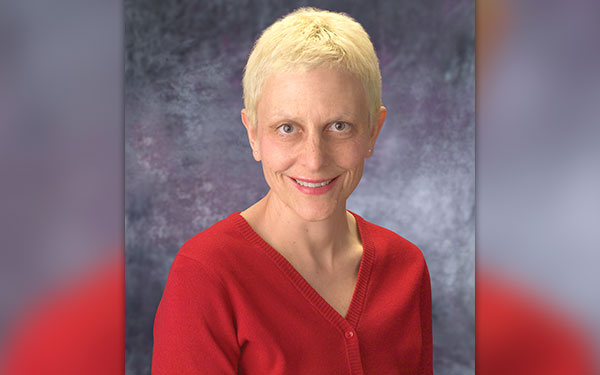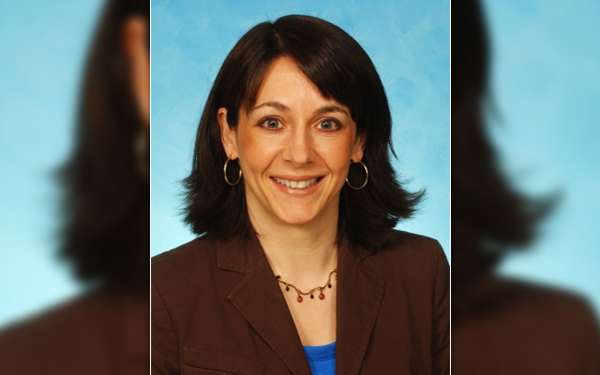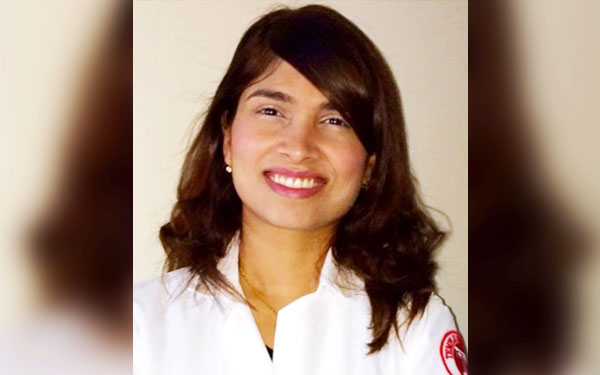William S. Yancy, Jr., MD, MHS, FTOS, an American Board of Obesity Medicine (ABOM) Diplomate, answers questions regarding the importance of an obesity medicine physician.
What unique skill set can the obesity medicine physician bring to the bariatric surgical setting?
Treating obesity requires a multifaceted approach in order to be maximally successful for as many diverse patients as possible. Obesity medicine physicians will have a foundation of knowledge regarding the evaluation of patients with obesity and the use of multiple treatment strategies, including nutrition, exercise, behavioral approaches and medications. An obesity medicine physician can perform an appropriate evaluation prior to surgery to rule out secondary causes of obesity, as well as optimize health and minimize risk by managing any comorbid illnesses. In the pre-and post-surgery situations, the obesity medicine physician can use a multifaceted weight loss armamentarium to increase weight loss success and help the patient to overcome plateaus or recidivism.
What impact can the obesity medicine physician have on patient outcomes?
Studies show that weight loss prior to bariatric surgery can improve weight loss and reduce post-operative complications. A variety of weight loss strategies can be used by the obesity medicine physician in this setting. Additionally, depending on type of surgery, 2.5-30% of bariatric surgery patients have an inadequate weight response and therefore could benefit from non-surgical therapies. A portion of these patients may seek revision surgery but may not be good candidates; an obesity medicine physician can offer alternative therapies in these situations. Obesity medicine physicians can also optimize the success of surgery by managing comorbidities and adjusting or replacing medications that might impede success. Finally, it is important to remember that a substantial percentage of patients (approximately 50% in one study) who initially seek weight loss surgery do not receive it for various reasons, including medical/psychological unsuitability, inability to meet program requirements, insurance issues, or patient decision. These patients will benefit most from an intensive weight loss program that can be offered by an obesity medicine physician.
Have you had the experience of working with a bariatric surgeon?
Yes, and in many different ways. After trials of non-surgical therapies, I have referred patients to Duke’s bariatric surgery program when it was the patient’s desire or best option. Duke bariatric surgeons have referred patients to me for non-surgical weight loss treatment prior to surgery when it has not been attempted previously or is needed to optimize health. They have also referred patients who are not surgical candidates or have not reached their goals after surgery. We are currently developing a shared medical appointment program with Duke bariatric surgery to offer to patients who struggle after surgery. Finally, I have collaborated very meaningfully with bariatric surgeons on research projects where a combination of surgical and medical perspectives can enhance the research products.
Are there any clinical findings or evidence based research supporting the value of obesity medicine physicians and bariatric surgeons working together?
What a great question! Yes, but it is very sparse. As I mentioned, research shows that pre-operative weight loss can improve weight outcomes and reduce complication rates, particularly in patients who have substantial success pre-operatively and in patients with very high BMI pre-operatively. These subgroups are most likely to be managed by obesity medicine physicians. However, most of the studies examining the effects of pre-operative weight loss do not clearly involve collaborations among surgical and non-surgical obesity experts. One study that clearly did use a collaborative effort took place in the United Kingdom and showed greater weight loss occurred in the pre-operative weight loss group. More research is needed to replicate this and examine other potential benefits.
What is the value of working with an ABOM Diplomate specifically?
An ABOM Diplomate is an obesity medicine specialist who has gone the extra mile to enhance his or her knowledge about the management of obesity. The ABOM examination covers a broad array of topics, including causative factors, physiology, epidemiology, diagnosis and evaluation, multifaceted treatment and practice management. This means that a patient will likely be treated comprehensively and importantly, in an environment that is comfortable and non-judgmental. One of the most important characteristics I have noted about obesity medicine physicians is their empathy for their patients and their understanding that obesity is a disease—as a result, patients are more likely to stay engaged and ultimately, be successful.
 Dr. Yancy is a board-certified general internist and obesity medicine physician who is Associate Professor of Medicine at Duke University and Research Associate in Health Services Research and Development at the Durham Veterans Affairs Medical Center. He is also Director of the Duke Diet and Fitness Center, an immersive, residential-style, comprehensive weight management program that is part of the Duke University Health System. He also sees patients in the Duke Lifestyle Medicine Clinic directed by Dr. Eric Westman. He has led or collaborated on dozens of clinical research studies, resulting in over 100 scientific publications, primarily on obesity management using the low-carbohydrate diet as well as other nutritional and medical approaches. Dr. Yancy is a Fellow of The Obesity Society and a diplomate of the American Board of Obesity Medicine.
Dr. Yancy is a board-certified general internist and obesity medicine physician who is Associate Professor of Medicine at Duke University and Research Associate in Health Services Research and Development at the Durham Veterans Affairs Medical Center. He is also Director of the Duke Diet and Fitness Center, an immersive, residential-style, comprehensive weight management program that is part of the Duke University Health System. He also sees patients in the Duke Lifestyle Medicine Clinic directed by Dr. Eric Westman. He has led or collaborated on dozens of clinical research studies, resulting in over 100 scientific publications, primarily on obesity management using the low-carbohydrate diet as well as other nutritional and medical approaches. Dr. Yancy is a Fellow of The Obesity Society and a diplomate of the American Board of Obesity Medicine.






Leave A Comment
You must be logged in to post a comment.